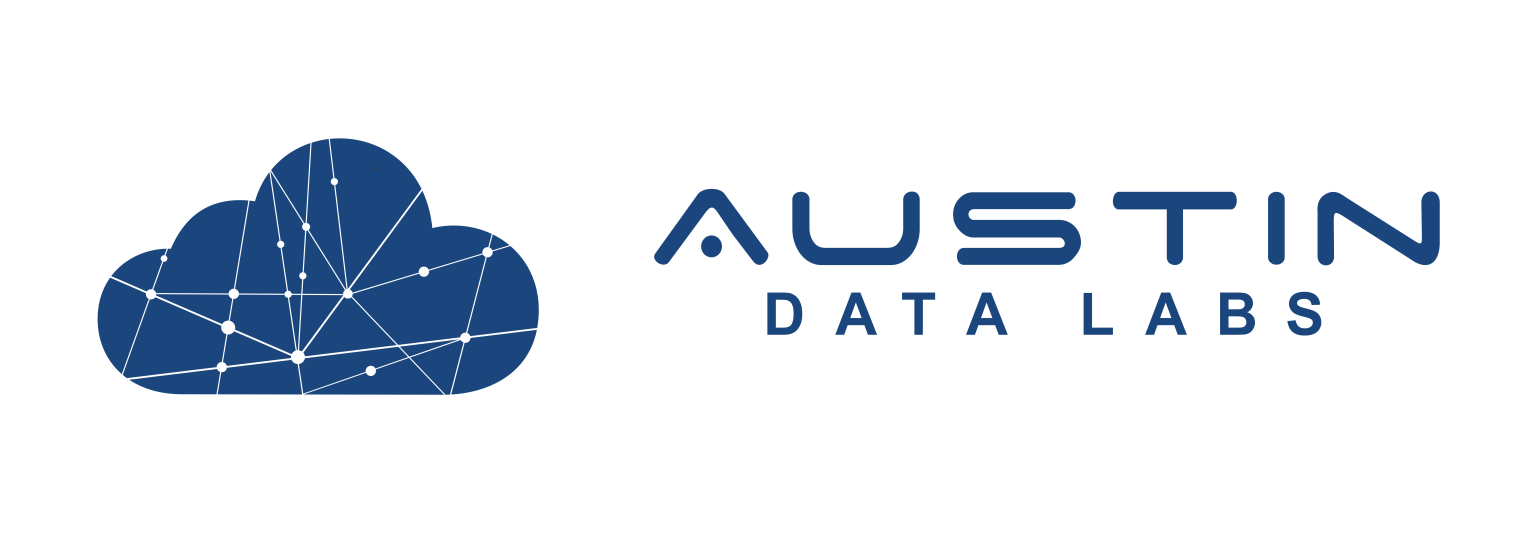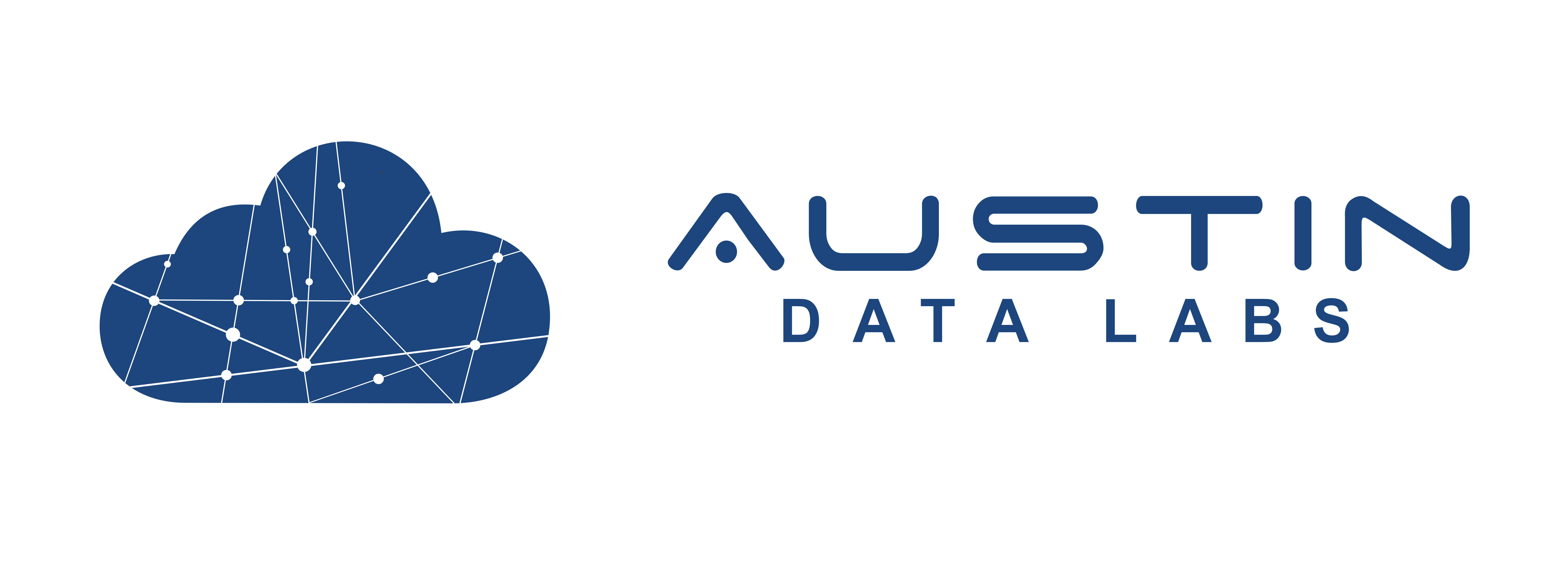As sustainability and ethical business practices become increasingly essential, companies are recognizing the importance of achieving Environmental, Social, and Governance (ESG) goals. Commodity agriculture businesses, in particular, are under pressure to adopt more responsible practices due to the global need for both food security and the minimization of environmental impact.
By leveraging data science optimization in end-to-end supply chain management, commodity ag companies can improve efficiency, reduce waste, and support their ESG goals. Let’s explore three ways data science optimization can help agriculture-based businesses enhance packaging, logistics, and product waste management to achieve sustainable outcomes:
- Optimizing Packaging
Packaging plays a crucial role in the global food supply chain, providing protection for products and ensuring their safe transportation. To support ESG goals, companies can use data-driven optimization strategies to:
a. Reduce Material Use: Advanced data analytics can help identify opportunities for material reduction without compromising product quality. By analyzing various packaging designs and materials, companies can choose more sustainable options that use fewer resources and produce less waste.
b. Choose Sustainable Materials: Data-driven insights can help companies identify eco-friendly packaging materials, such as biodegradable or recyclable alternatives. By selecting these materials, agriculture businesses can reduce their environmental footprint and support circular economy initiatives.
c. Increase Package Reusability: With the help of data analytics, companies can design packaging with improved durability, enabling reuse and reducing overall material consumption. This not only conserves resources but also minimizes waste and emissions associated with packaging production.
- Streamlining Logistics
Efficient logistics are essential for minimizing the environmental impact of the global food supply chain. Data science can help companies optimize their logistics processes in the following ways:
a. Route Optimization: Data-driven algorithms can identify the most efficient routes for transportation, reducing fuel consumption and emissions. By considering factors such as distance, traffic, and weather conditions, businesses can optimize their logistics operations and support ESG goals.
b. Load Optimization: Through the analysis of historical data and real-time information, companies can optimize load planning, ensuring that trucks and other transport vehicles are used efficiently. This reduces the number of trips required and consequently lowers fuel consumption and emissions.
c. Predictive Maintenance: Data science can help identify patterns and trends in vehicle performance, allowing companies to schedule maintenance proactively. This reduces the likelihood of breakdowns and lowers the environmental impact associated with unexpected repairs and replacements.
- Minimizing Product Waste
Reducing product waste is critical for achieving ESG goals in the agriculture sector. Data science optimization can help companies minimize waste through:
a. Demand Forecasting: Accurate demand forecasting, using machine learning algorithms and historical data, can help companies better align their production and distribution processes with actual market needs. This reduces overproduction, spoilage, and waste.
b. Shelf-life Optimization: Data-driven insights can help companies optimize the shelf life of their products, ensuring they remain fresh and safe for consumption. By understanding factors that contribute to product spoilage, businesses can implement targeted interventions to minimize waste.
c. Waste Tracking and Analysis: Advanced analytics can help companies track and analyze waste data throughout their supply chain. This information can be used to identify inefficiencies and implement strategies to reduce waste at every stage of the process.
As commodity agriculture businesses strive to achieve their ESG goals, data science optimization offers a powerful tool for enhancing sustainability and efficiency in end-to-end supply chain management. By leveraging data-driven insights to improve packaging, logistics, and product waste management, these companies can reduce their environmental impact, foster ethical business practices, and contribute to a more sustainable future.



